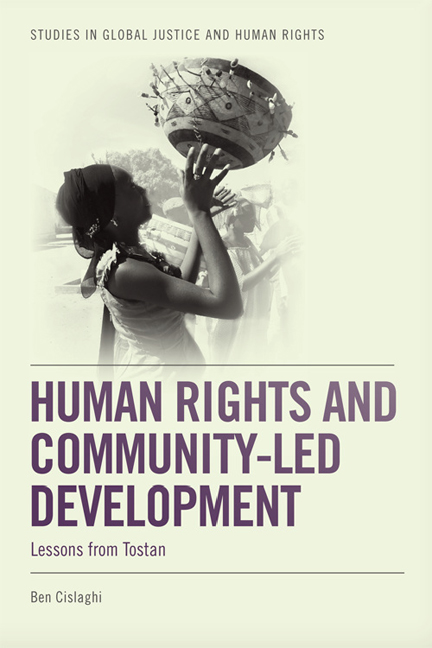1 - Introduction
Published online by Cambridge University Press: 29 April 2021
Summary
There is a way, it is argued here, to help people living in economically disadvantaged areas of Africa achieve together higher life standards; a way that empowers their self-help capacity and builds on their own cultural views of the world. Recent data show that the GDP of African countries is growing; they are managing to sell more of their resources and products. And yet, in spite of this outstanding economic performance, commodity-driven growth is not translating into social development (UNECA 2013). African countries might be getting richer, but their populations are not benefiting from it. Africa remains ‘underdeveloped’ and most of its people are not living better lives, they are not getting more educated, healthier or richer. The international economic system still expands, the world ‘develops’, but unevenly: the global economic growth enlarges the gap between rich and poor countries – rather than narrowing it (Bond 2006; Harvey 2005). Assuming – for now – that the richest human beings share a moral imperative of helping the poorest, what is to be done to help Africa?
Academics have argued in favour of foreign aid to fight African poverty (Banerjee and Duflo 2011; Sachs 2005) and against it (Easterly 2006; Moyo 2009). Scholars who write against aid (on the basis that aid overrides self-help capacity) have spoken in favour of increasing neo-liberal trade relations between African and non-African countries (Moyo 2009, for instance, saw in trading with China an opportunity for African development). Those who argue that aid is problematic are right. Part of the responsibility for the current living conditions of much of the African population is to be sought in the global institutions that guide world development. Since 1970, Bretton Woods institutions have fostered neo-liberal capitalistic economies aiming at stabilising macroeconomic conditions in the African countries. As noted by Ferguson (2005), this liberalisation process of African economies has instead resulted in the opposite. Neo-liberal development has worsened governments’ corruption and misbehaviour, and is stuck in a top-down approach where European and North American countries (over-represented within the organisations that lead the economic world order: the IMF, the World Bank and the UN Security Council) impose their perspectives on African development.
- Type
- Chapter
- Information
- Human Rights and Community-led DevelopmentLessons from Tostan, pp. 1 - 12Publisher: Edinburgh University PressPrint publication year: 2017



